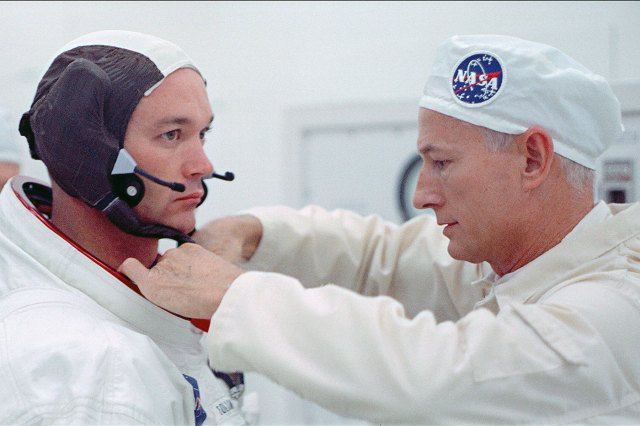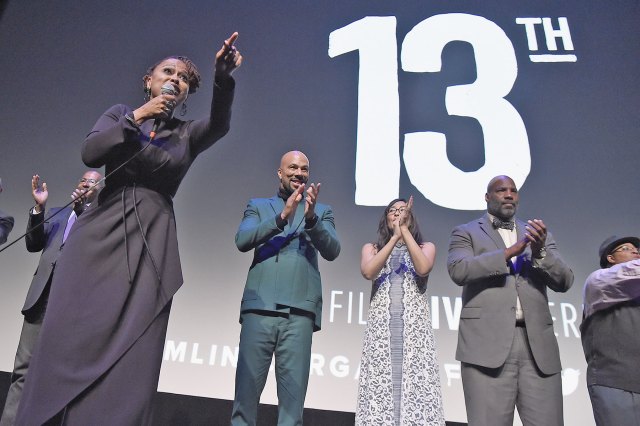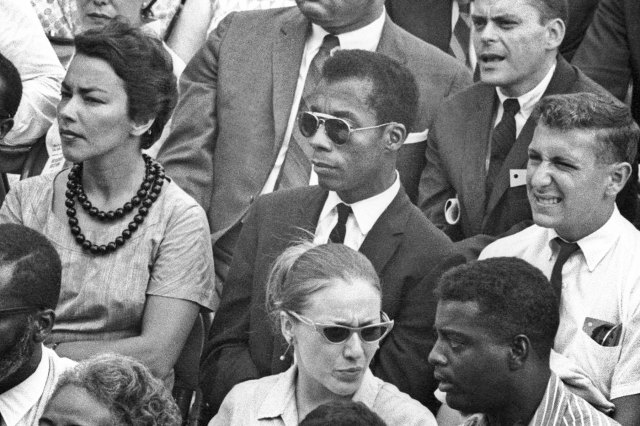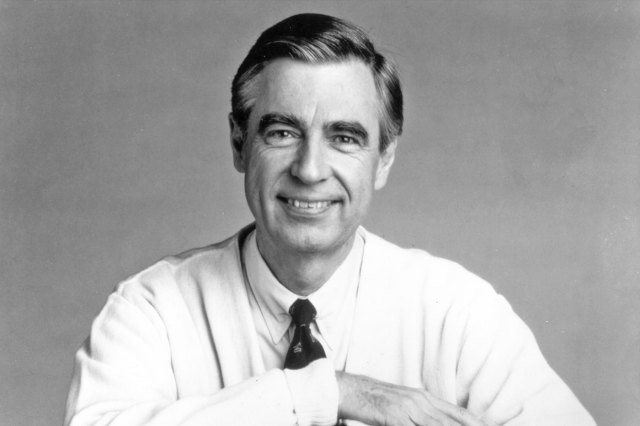5 of the Best History Documentaries Ever
A good documentary can make for one of the more edifying experiences available to moviegoers. A great documentary makes for one of the more edifying experiences available, period — it shows us something we didn’t already know, or gives us a better understanding of something we thought we knew. But what makes a documentary qualify as one of the best of all time? “Best” is admittedly a subjective word, but for our purposes here, we’ll define it not just as a film that illuminates a particularly substantial topic to enduring effect, but a film that has consensus regard. The following documentaries are works that show up on a multitude of best-of lists, from industry polls to culture magazines, and more.
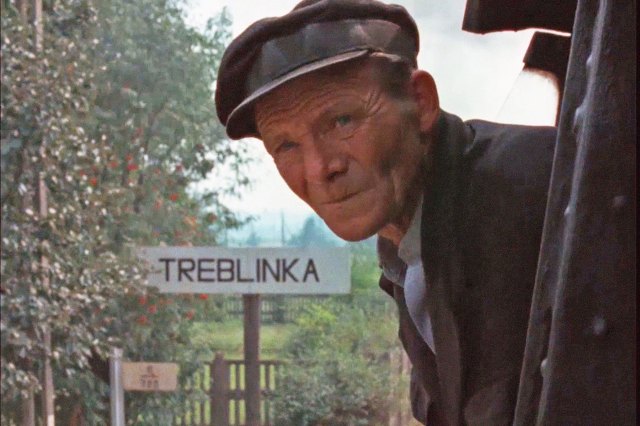
Shoah (1985)
When Shoah was released in 1985, Roger Ebert called it “one of the noblest films ever made,” and its regard hasn’t slipped since. Director Claude Lanzmann spent 12 years interviewing survivors of concentration camps at Auschwitz, Treblinka, Chelmno, Sobibor, and Belzec, as well as former German SS officers and the Polish townspeople who lived in the surrounding areas. Lanzmann famously eschewed archival footage, comprising the entirety of the nine-hour film with interviews intercut with location footage. It’s a powerful, ponderous approach that grounds Shoah in the humanity of the aftermath of the Holocaust, versus dusty newsreels, which risk feeling detached. It is not an easy topic to take in, but as Ebert concluded, “Claude Lanzmann celebrates the priceless gift that sets man apart from animals and makes us human, and gives us hope: the ability for one generation to tell the next what it has learned.”












